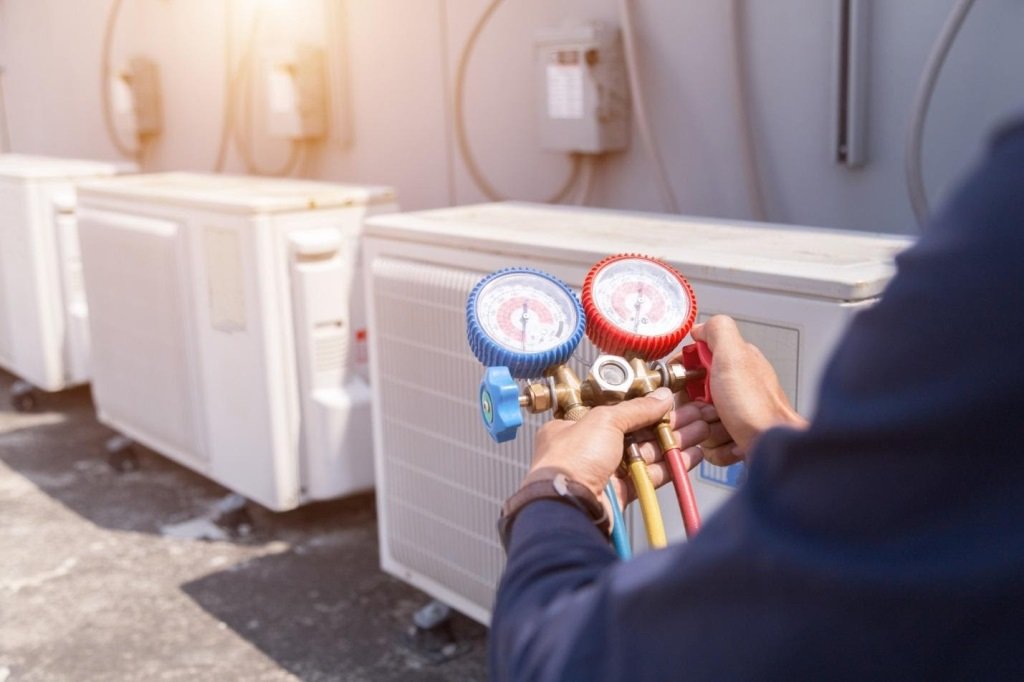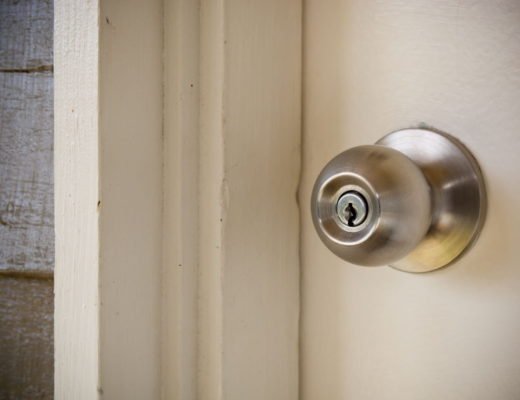Did you recently purchase a new home? Are you currently looking to update some of the essential aspects of your old house? Are you looking to install a centralized air conditioning system?
Air conditioning is something that Americans splurge on especially during summer. Statistics reveal that air conditioning takes about 12% of the energy expenditures of homes in the US.
In more hot and humid states, the consumption goes up to 27%.
Perhaps it is safe to say that it is a necessary expense. But do you know how much central air conditioning cost on average? Are you familiar with the key factors that affect the prices of an AC replacement?
Continue reading below as we break down the cost of central air conditioner units.
Looking at the Averages
Let us cut to the chase and look at the average central air conditioning cost. The typical price range of central air conditioning can be anywhere between $3,783 and $7,435. Hence, the national average is $5,608.
But take note that these numbers can even go up depending on certain factors. Larger houses require more powerful units. Moreover, they involve complex ductwork to ensure ample coverage.
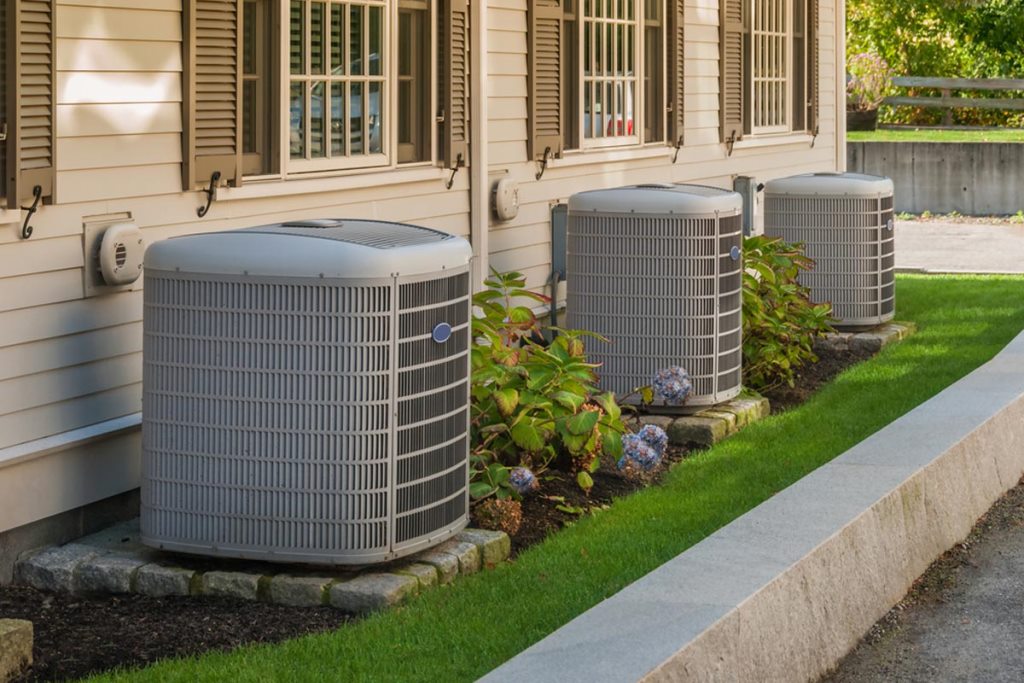
On the flip side, you can get a central air conditioner by itself for as low as $1,400. This number can go up a couple of thousands depending on the brand that you are getting.
What the Leading Brands Offer
Speaking of brands, let’s take a look at what some of the most reputable air conditioning makers have to offer. For starters, you can get a central AC unit from Aire-Flo for $1,700. A Gibson AC, on the other hand, will cost you around $2,300.
But if you have extra money to spare, you can go for the upper-tier options like Carrier ($3,200), Trane ($3,300), and Lennox ($3,400).
Even if you are buying from a reputable source, make sure to have at least three options in your shortlist. Compare their pros and cons and determine which one best suits your requirements.
Technical Nuances: The BTU
Apart from the type of AC system, in this case, the centralized variant, another key factor that impacts the prices is the size of the AC unit. In AC lingo, BTU of the British Thermal Unit is the one that determines the size of your AC unit.
BUT is also a form of measurement that simply measures that energy of your AC. When it comes to your AC’s cooling abilities, one BTU is what your system needs to raise the temperature of a pound of water by 1 degree F.
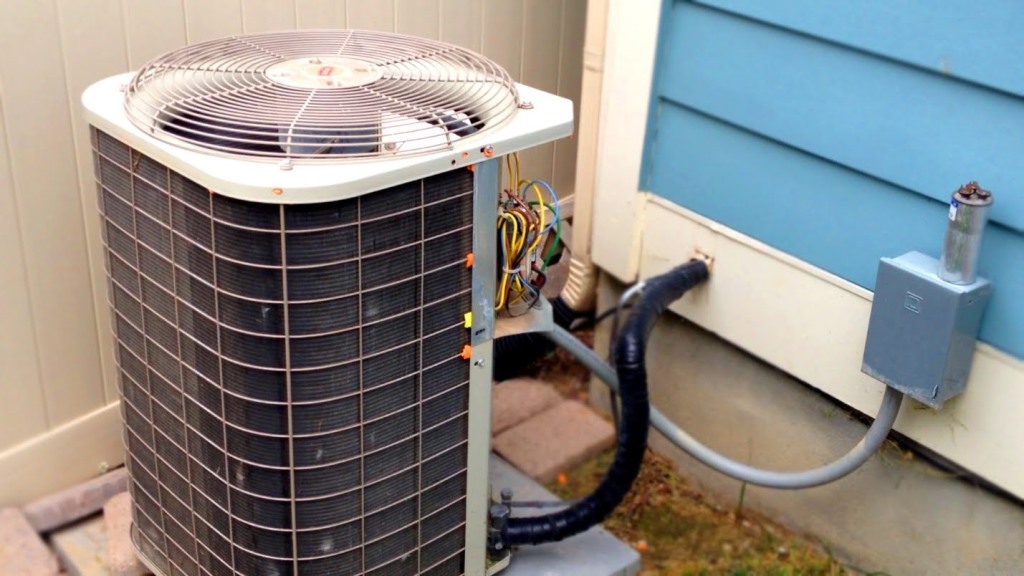
But since your AC works by removing heat from the air, that is what the BTU measures. Hence, the higher the BTU rating of your air conditioner, the bigger and more powerful it is.
The EER and SEER
There are also the energy efficiency ratio (EER) and the seasonal energy efficiency ratio (SEER). These two factors play crucial roles in the cooling capacity of central air conditioners.
When replacing the AC unit in homes, the EER is what people look at to determine the AC’s efficiency to cool rooms. Like with the BTU, the higher the EER of your central air-conditioner, the more efficient it is.
As for the SEER, it pertains to the ratio of AC’s cooling capacity over an entire cooling season. You will then divide it by the energy in Watts-Hours that your AC consumes.
Going for an AC system with a higher SEER rating equates to efficiency in certain conditions. The minimum standard SEER in the US is 13. But this can go as high as 28.
It is also important to note that the greater the energy efficiency of your AC, the higher the unit costs. Nevertheless, you can balance things out in the long run. AC units that perform efficiently equate to lower monthly electric bills.
The Vents, Ductworks, and Returns
The ductworks and their complexity can also raise your AC installation costs. If you have a very large home with multiple floors, expect your expenses to go up.
In the same manner, your AC installers will count the materials within the ductwork. They will also consider the difficulty of assessing the available space. They will also have to deal with any existing ductwork in your house to avoid any problems during installation.
Furthermore, a centralized air-conditioning system also requires vents. These vents work by feeding cool air inside your house while pulling warm air into your AC system. If you have a big home, you will need to install more vents.
Other Central Air Conditioning Cost Factors
You can also incorporate add-ons to your central air conditioning system. One of which is adding a furnace blower. This add-on works by blowing and distributing cool air around your home.
Another thing to revisit is your home’s insulation. How is the current condition of your insulation? Poor insulation will make your central air-conditioner work harder especially during summer.
On the flip side, a well-insulated home can increase your AC’s efficiency. In turn, you can further reduce your monthly cooling expenses.
Additionally, keep in mind the lifespan of your air conditioning system. On average, a unit should last around 15 to 20 years before you start to feel the air conditioner not cooling as much as it should.
Also, you shouldn’t confuse this with an AC unit that is full of dust.
Accumulated dust affects the cooling abilities of your AC unit. However, if your AC doesn’t provide the usual cooling comfort even after extensive cleaning, then it means either something is wrong with it or it is already way past its prime.
When you feel that something is seriously wrong with your AC, don’t hesitate to call an HVAC contractor for a comprehensive diagnosis.
Aim for a More Energy-Efficient Home
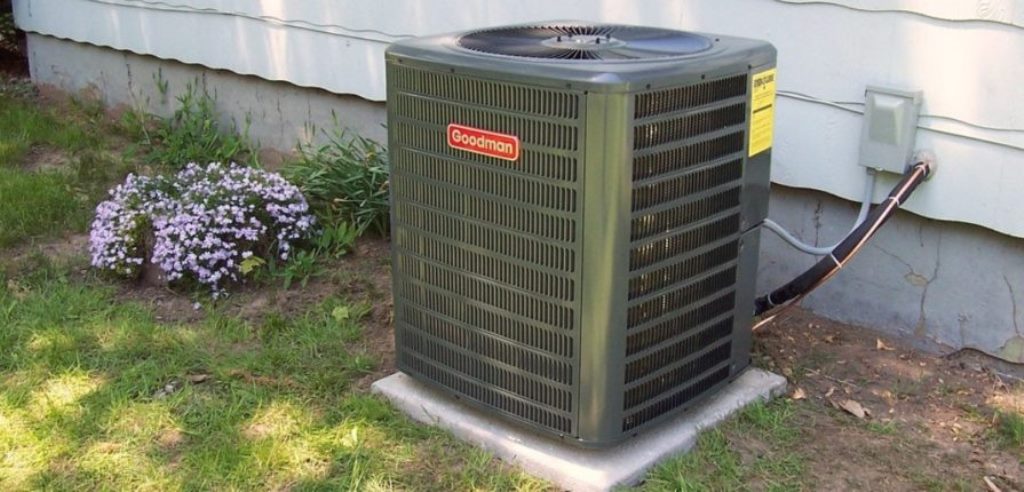
Now that you know how much a central air conditioning cost is, you can prepare and plan your spending wisely. And when choosing AC providers, it is best to go for a reputable one even if it may cost you a little bit more.
As for making your home more energy-efficient, there is a lot more to learn. We invite you to check our other blog posts. We discuss tips and solutions that will help reduce your carbon footprint at home.

